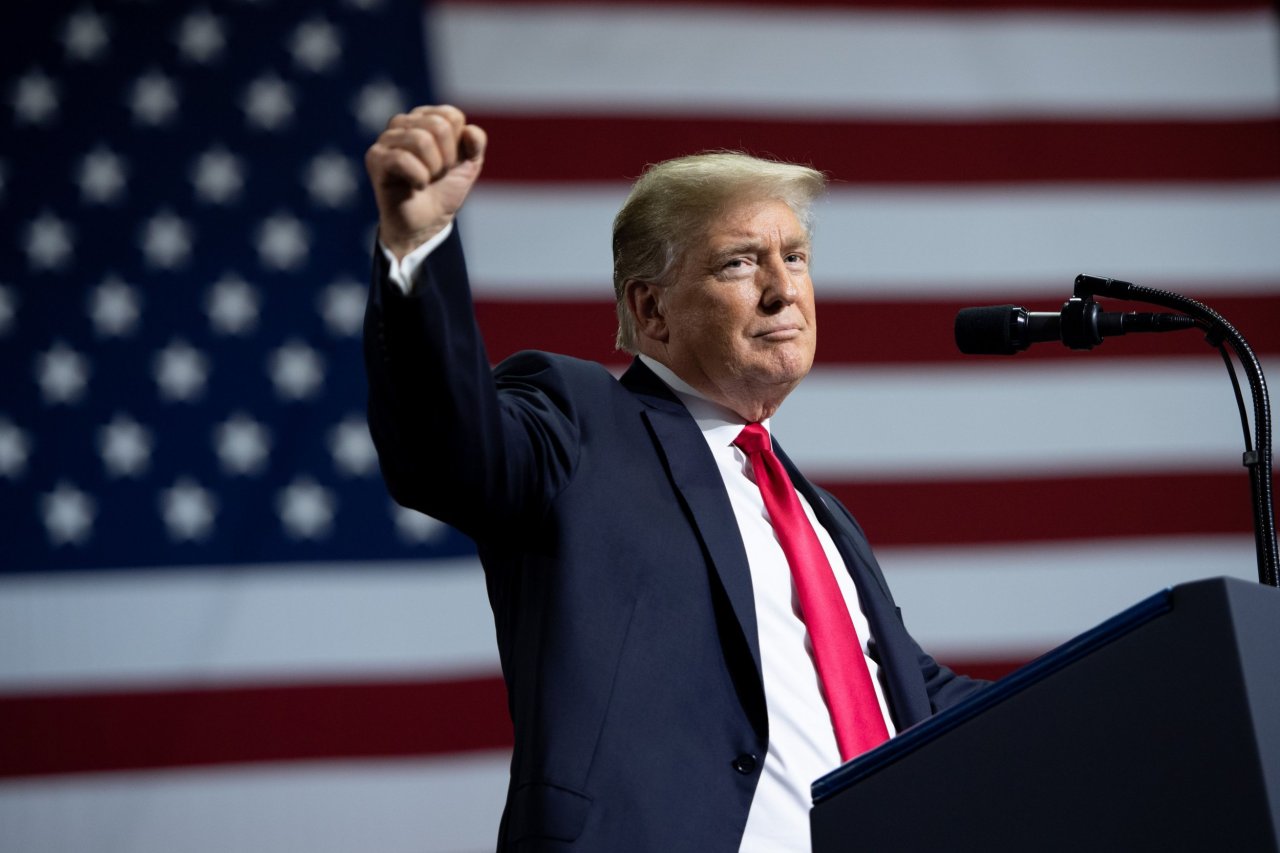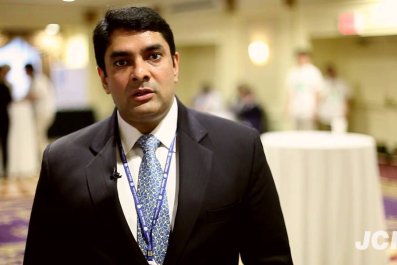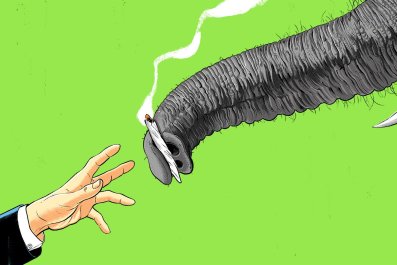What's the most worrisome foreign intrusion into the United States—unauthorized immigrants, Chinese imports, or interference in our democracy?
For Trump, it's immigrants and imports. He doesn't care much about the third.
"Border security is national security," Trump said last week, as he threatened a government shutdown if Congress didn't come up with money to build a wall along the Mexican border (at an estimated cost of between $21 and $80 billion.)
Meanwhile, Trump ordered his administration to consider raising tariff rates already proposed on $200 billion of Chinese goods, from 10 percent to 25 percent—prompting China to threaten higher tariffs on $60 billion more of American goods.
Yet Trump continues to assert that talk of Russian meddling in American elections is "a big hoax." And his White House still has no plan for dealing with it.
Last Wednesday, Senate Republicans rejected a Democratic proposal to spend $250 million to replace outdated election equipment and upgrade election security ahead of the midterms. House Republicans voted down a similar measure.
Trump didn't threaten to shutdown the government over this.
In fact, Trump has it backwards.
Illegal immigration isn't the problem he makes it out to be. Illegal border crossings have been declining for years.
And if the Chinese want to continue to send us cheap imports that we pay for with U.S. dollars and our own IOUs, that's as much of a potential problem for them as it is for us.
But Russian attacks on our democracy are a clear and present threat aimed at the heart of America.
Facebook recently announced it uncovered a major disinformation campaign with the hallmarks of the same Kremlin-linked Internet research agency responsible for election interference in 2016.
Trump's own Department of Homeland Security found that in the 2016 election, Russian hackers tried to breach election systems in at least 21 states, likely scanned systems in all 50 states, stole the private information of hundreds of thousands of people, and infiltrated a company that supplies voting software across the nation. These findings led to the July indictment of 12 Russian intelligence officers.
The meddling continues. Kirstjen Nielsen, Secretary of Homeland Security, sees Russia's ongoing "willingness and a capability" to hack into the American election infrastructure, including voter rolls and voting machines.
FBI Director Christopher Wray warns that "Russia ... continues to engage in malign influence operations to this day." Dan Coats, Director of National Intelligence, says "Russians are looking for every opportunity ... to continue their pervasive efforts to undermine our fundamental values."
Russia isn't the only foreign source of danger to our democracy.
The trial of Paul Manafort, Trump's former campaign chairman, reveals another. Manafort is accused of hiring a small army of American lawyers and lobbyists from both parties to influence U.S. lawmakers on behalf of Kremlin-connected former Ukrainian strongman, Viktor F. Yanukovych, and hiding the money.
Another example occurred last spring after the Chinese telecom giant ZTE was caught red-handed violating international sanctions on Iran. When the Commerce Department imposed penalties on the firm, ZTE hired the big Washington firm Hogan Lovells. The Trump administration then lifted the sanctions.
The timing was curious. Just before Trump came to ZTE's rescue, Chinese state enterprises agreed to give $500 million in loans to a project in Indonesia that included Trump-branded hotels, residences and golf courses—funneling millions of dollars into Trump's pockets.
When Congress threatened to reinstate the penalties on ZTE, Hogan Lovells turned its sights on lawmakers. The firm's political action committee made fat donations to legislators who had the power to reduce the penalties.
The strategy seems to have paid off. Last Wednesday, the Senate passed a bill containing far weaker sanctions on ZTE than lawmakers originally intended.
All this raises the fundamental question of what we mean by national security.
Yes, our borders should be secure, and, yes, our trading partners should play fair.
But the essence of America—the attribute we must hold most secure because it defines who we are and what we strive for—is a system of government "of the people, by the people, for the people," as Lincoln put it.
If Putin or a Kremlin-connected Ukrainian strongman or even a giant Chinese company undermines this, they rob us of our most precious legacy.
Trump seems to care more about unauthorized immigrants and Chinese imports than about the sanctity of our democracy. This is a tragic mistake.
Robert Reich is the chancellor's professor of public policy at the University of California, Berkeley, and a senior fellow at the Blum Center for Developing Economies. He served as secretary of labor in the Clinton administration, and Time magazine named him one of the 10 most effective Cabinet secretaries of the 20th century. He has written 14 books, including the best-sellers Aftershock, The Work of Nations and Beyond Outrage and, most recently, Saving Capitalism. He is also a founding editor of The American Prospect magazine, chairman of Common Cause, a member of the American Academy of Arts and Sciences and co-creator of the award-winning documentary Inequality for All. His latest documentary, Saving Capitalism, is streaming on Netflix. Reich's new book, The Common Good, is available now.
The views expressed in this article are the author's own.















